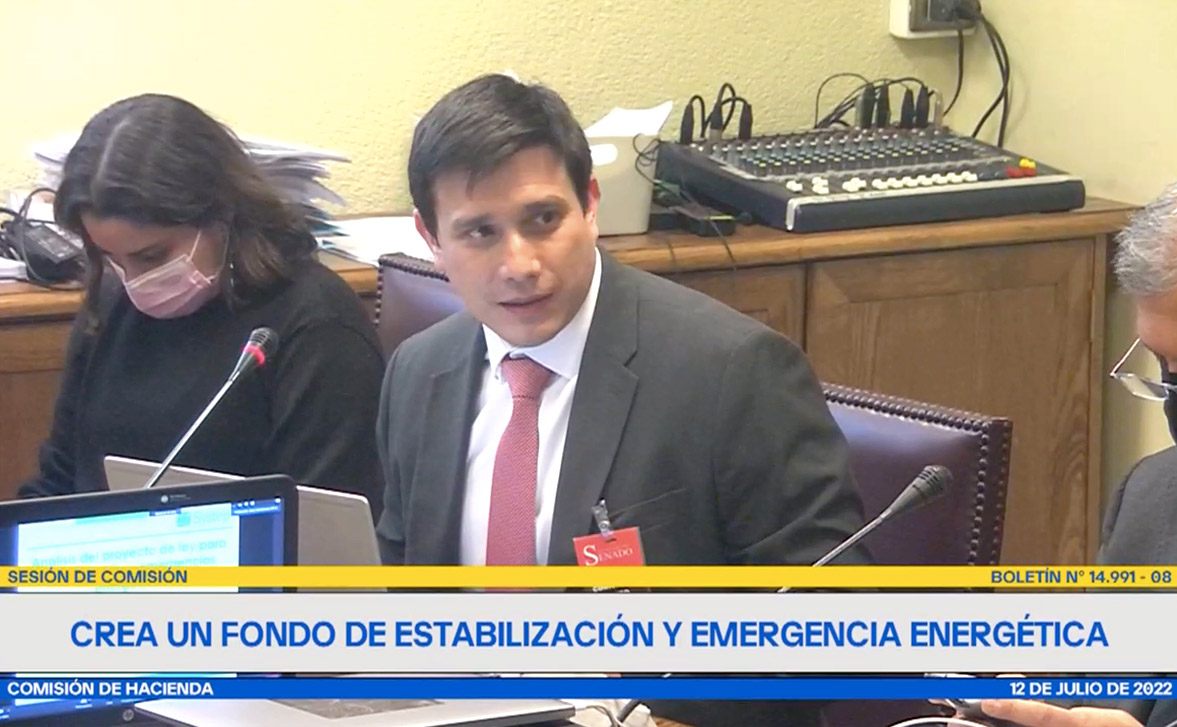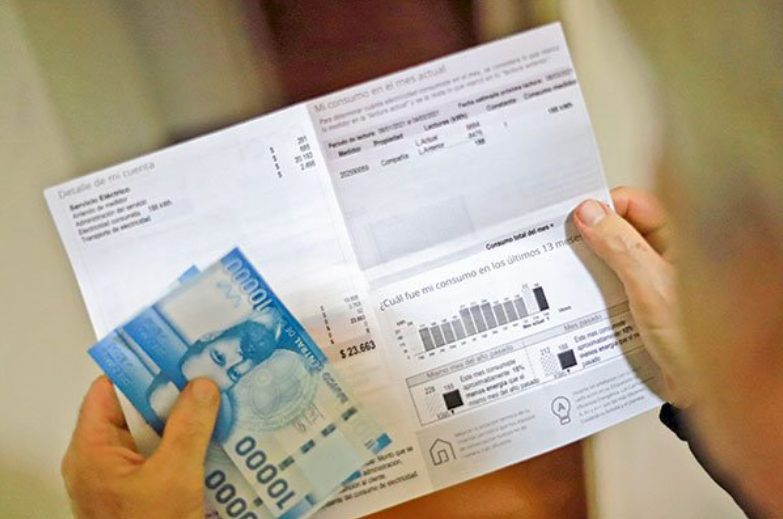
MR. DIRECTOR:
The technological evolution in electricity generation, with wind and solar renewable sources, is reducing electricity costs while contributing to a more sustainable energy matrix. In this context, Chile has privileged conditions to take advantage of these generation sources. However, their use requires a flexible electrical system capable of managing the variability of these sources.
In order to design a strategy that would define improvements in regulation, so that the market would provide the necessary flexibility, the Minister of Energy established a working group made up of representatives of the Ministry, the National Energy Commission (CNE), to which we have been invited to contribute. The group designed a flexibility strategy consisting of three main axes, which can be summarized as follows:
- Market design with long-term signals for the development of a flexible system. The market currently remunerates three elements: energy, sufficiency power and ancillary services. It was proposed to improve the remuneration of power to encourage the development of the flexible capacity required by the system.
- Energy storage helps to better manage the system’s generation, transmission and distribution resources. It was proposed that storage and associated services be presented and adequately remunerated.
- Flexible system operation. The flexibility available in the electricity system must be properly managed, making the most of its capabilities. A set of measures was proposed to substantially improve the scheduling and operation of the electricity system by monitoring generation/demand forecasts.
The strategy is materialized through a roadmap with a calendar of legal, regulatory, normative and operational modifications, which the Ministry, together with the CNE and CEN, will implement during the coming months through a participatory process.
Hugh Rudnick, Renato Agurto, Daniel Olivares, Jorge Moreno.



